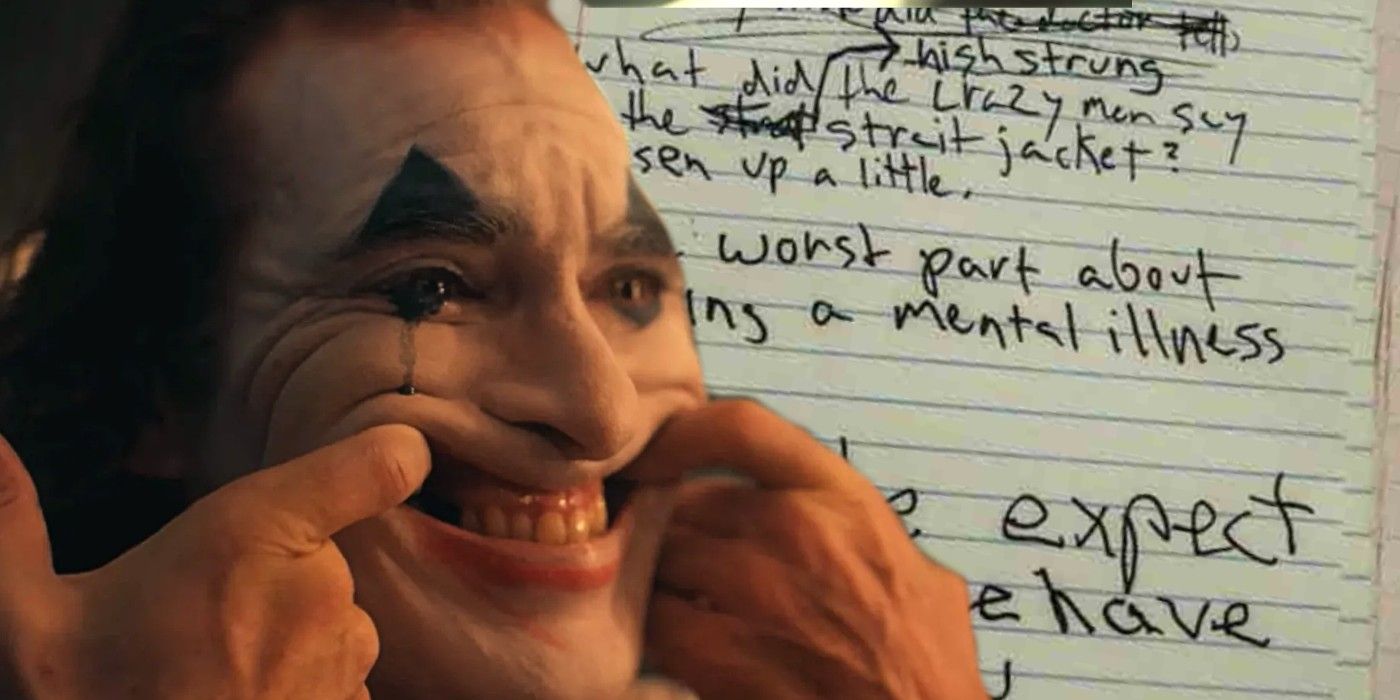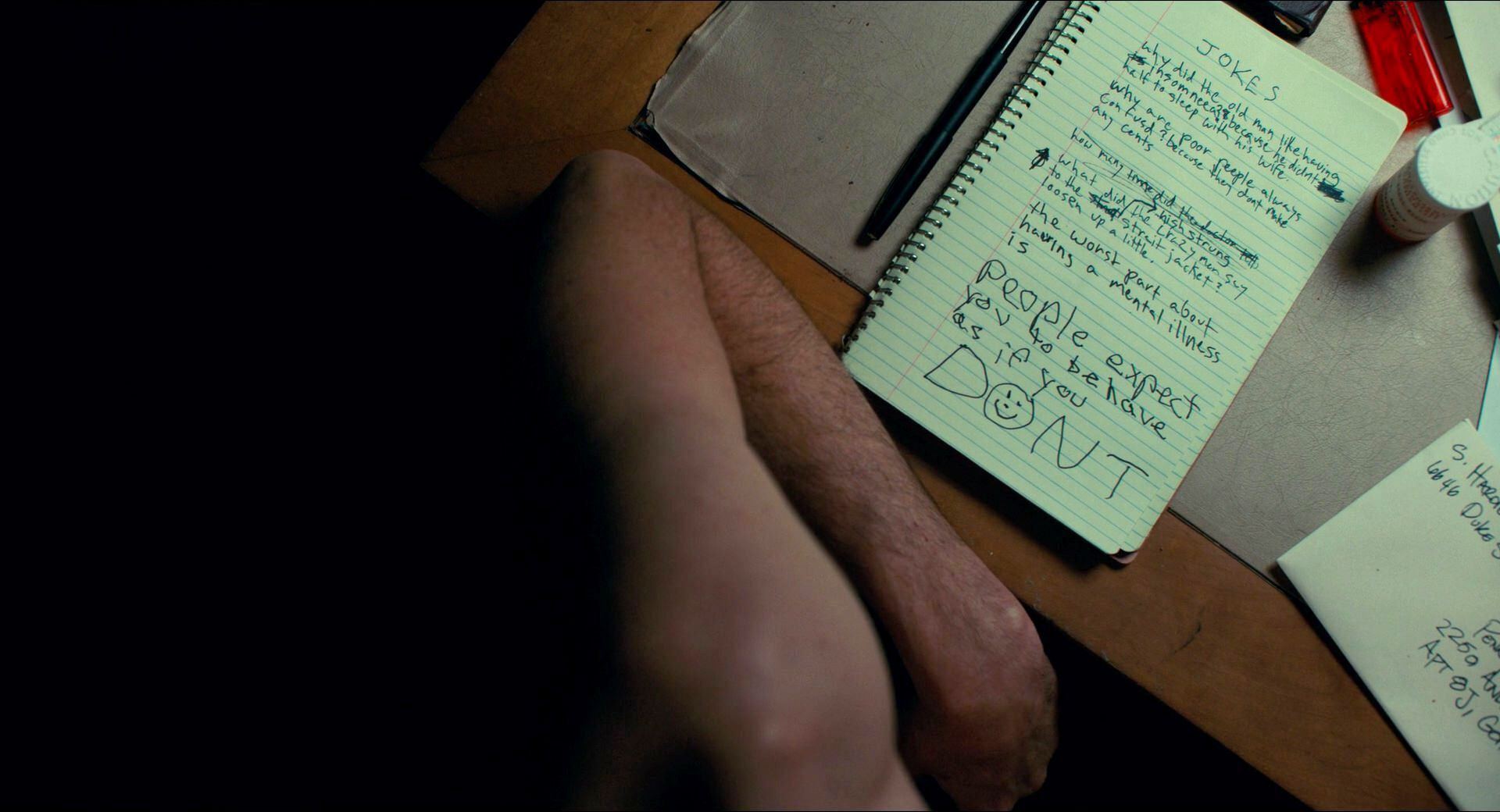Todd Phillips’ Joker sparked a fair amount of controversy upon its 2019 release, and David Fincher's criticism that the film is “a betrayal of the mentally ill” justifiably echoes some of the biggest complaints. Though the film doesn’t feel particularly malicious in its intent, Joker, in its portrayal of the titular character, does a disservice to those who deal with mental illness in their everyday lives. Fincher spoke in a recent interview with The Telegraph about the film in regards to his perception of the ways in which Hollywood standards have changed despite being consistently money-driven. Fincher reflected on his own experiences making Fight Club (similar to Joker in its darkness) in 1999, where he was met with enormous pushback. Joker, Fincher argues, is a film that studios would not have taken a risk on before the success of a film like Christopher Nolan’s The Dark Knight in 2008.
Joker follows the story of Arthur Fleck, a down-on-his-luck performing clown-slash-comedian who deals with, among other things, an uncontrollable laugh. Because of his inability to fit in with the rest of society, Arthur is often mercilessly mocked and even beaten by those who perceive him as an outsider. Thoroughly disenfranchised with the world around him and escaping to a fragile fantasy world, Arthur’s attempts to make connections with the people in his life only drive him further into madness. When he finally accepts that the world doesn’t seem to want him as he is, he comes into his own as the Joker, a persona crafted both by his own hand and the ways others perceive him. While the film is engaging, it ultimately contributes little to a productive conversation on how mental illness impacts those who suffer from it.
David Fincher hits rather precisely on the problem when he calls Joker a betrayal - the film purports (and, arguably, earnestly tries) to be on the side of those who suffer mental illnesses. It attempts to speak for people who are often marginalized for something outside of their control, who might understandably be disenchanted with mainstream society and all of its expectations. The problem with Joker, however, is context. While Arthur can be a sympathetic character, it is impossible to divorce him from the legacy of The Joker as the ultimate evil in other DC comics and films.
Joker cannot provide the character with enough nuance to move him away from the role of supervillain. The Joker is evil, so Arthur Fleck has to be evil, and the thing that drives Joaquin Phoenix's Arthur to become the Joker is his mental illness. While Joker does, in many ways, reflect the injustice of how society treats (and fails to treat) the mentally ill, it cannot escape its conclusion: that the Joker is evil. This makes any favorable representation of mental illness impossible, and to drive that point home, Arthur becomes more and more violent as his psychological well-being deteriorates. While Arthur’s struggles are largely tragic, his actions are irredeemable and the film seems to conflate his worsening mental health with his increasing evil.
Arthur’s mental illness is, at times, portrayed as grotesque - it’s meant to unsettle audiences and instill a real sense of tension, and it is, unfortunately, quite effective. Joker has no choice but to erase the humanity of mental illness in order to effectively depict the Joker as he is meant to be: purely evil. While perhaps a noble effort, Joker does indeed betray those who suffer from mental illness and in fact reduces mental illness to a backdrop against which to portray the circumstances fueling the Joker’s unbridled hatred toward society at large.


